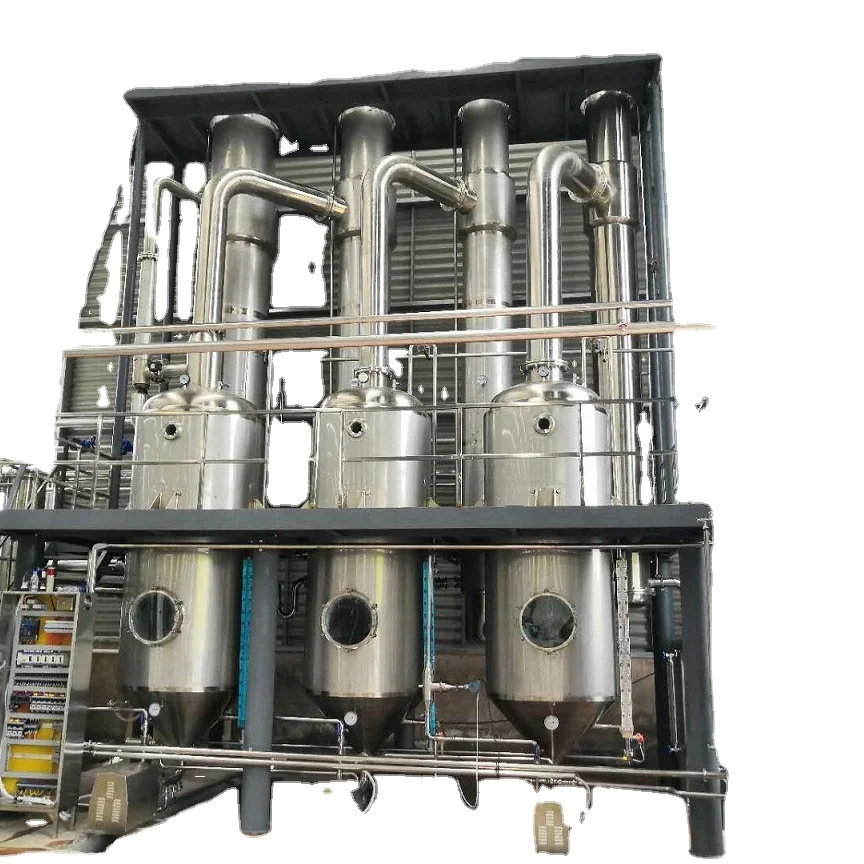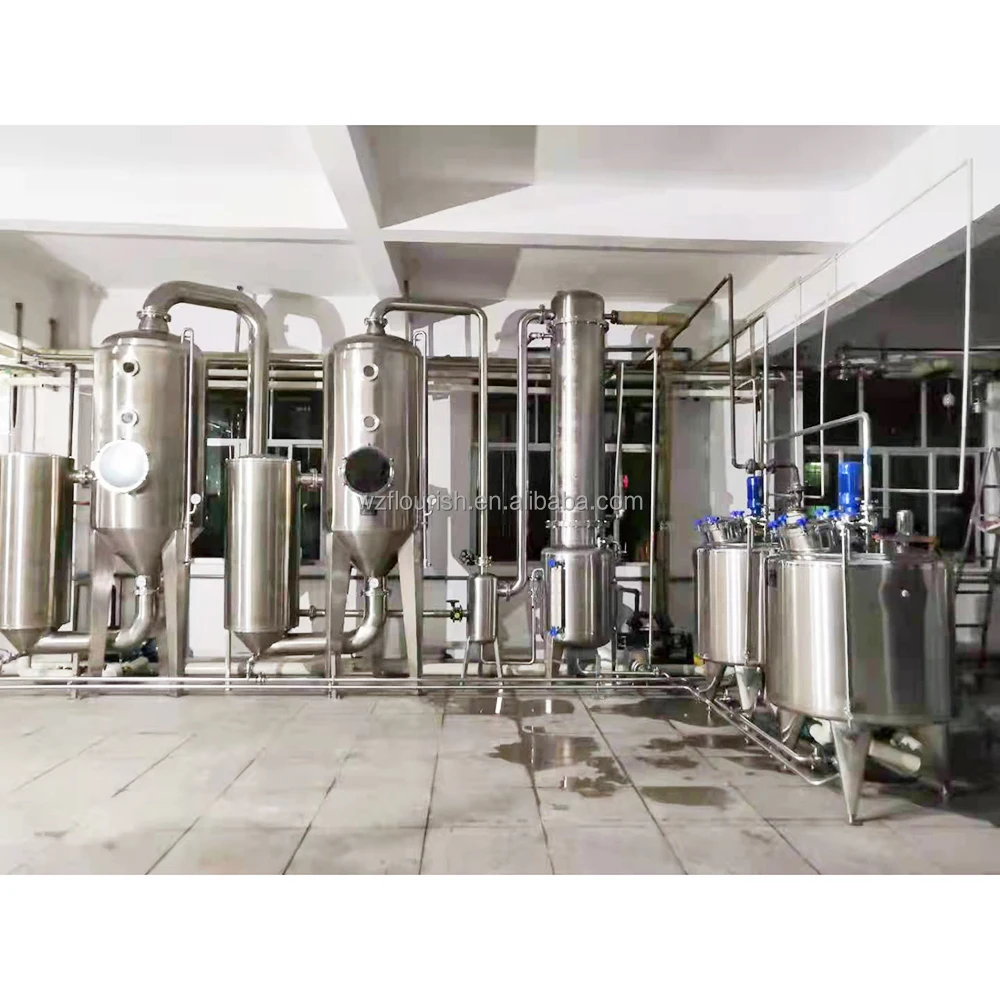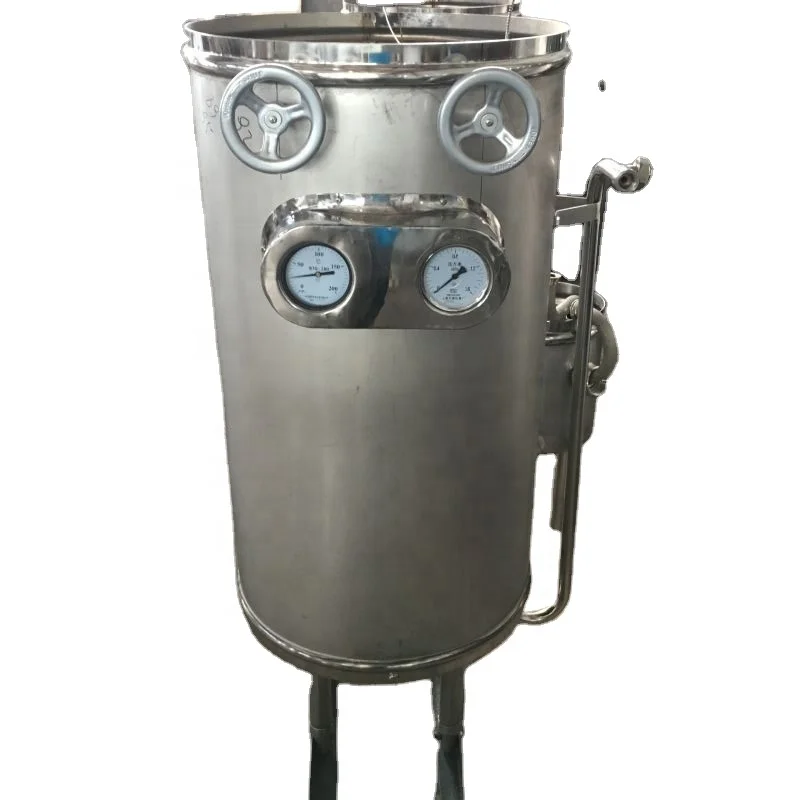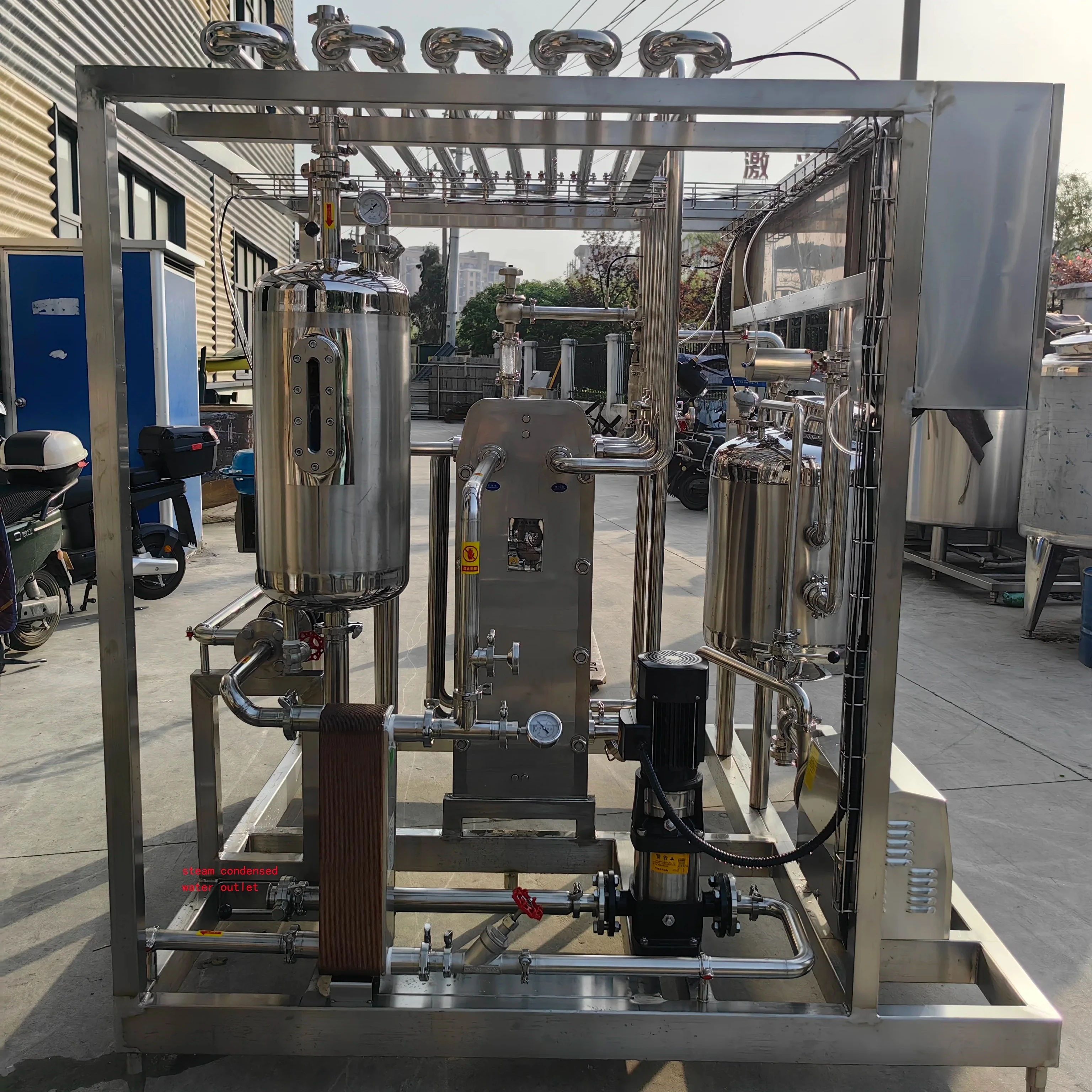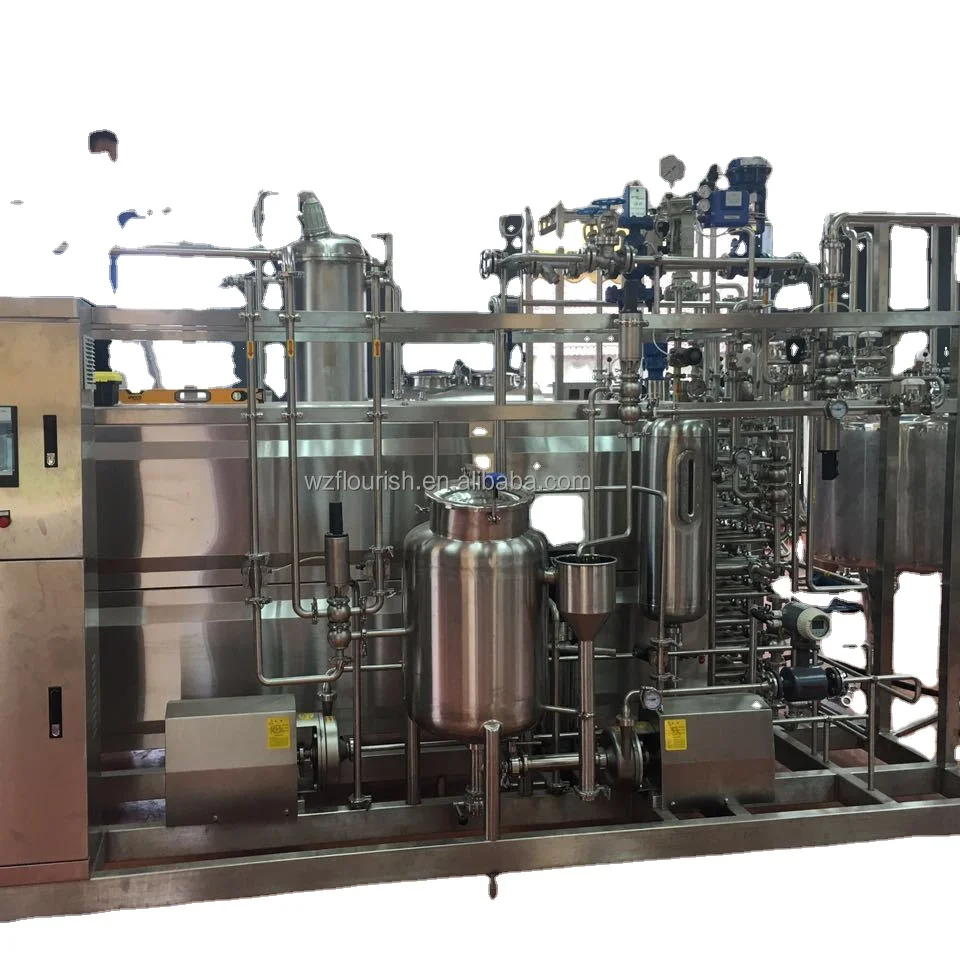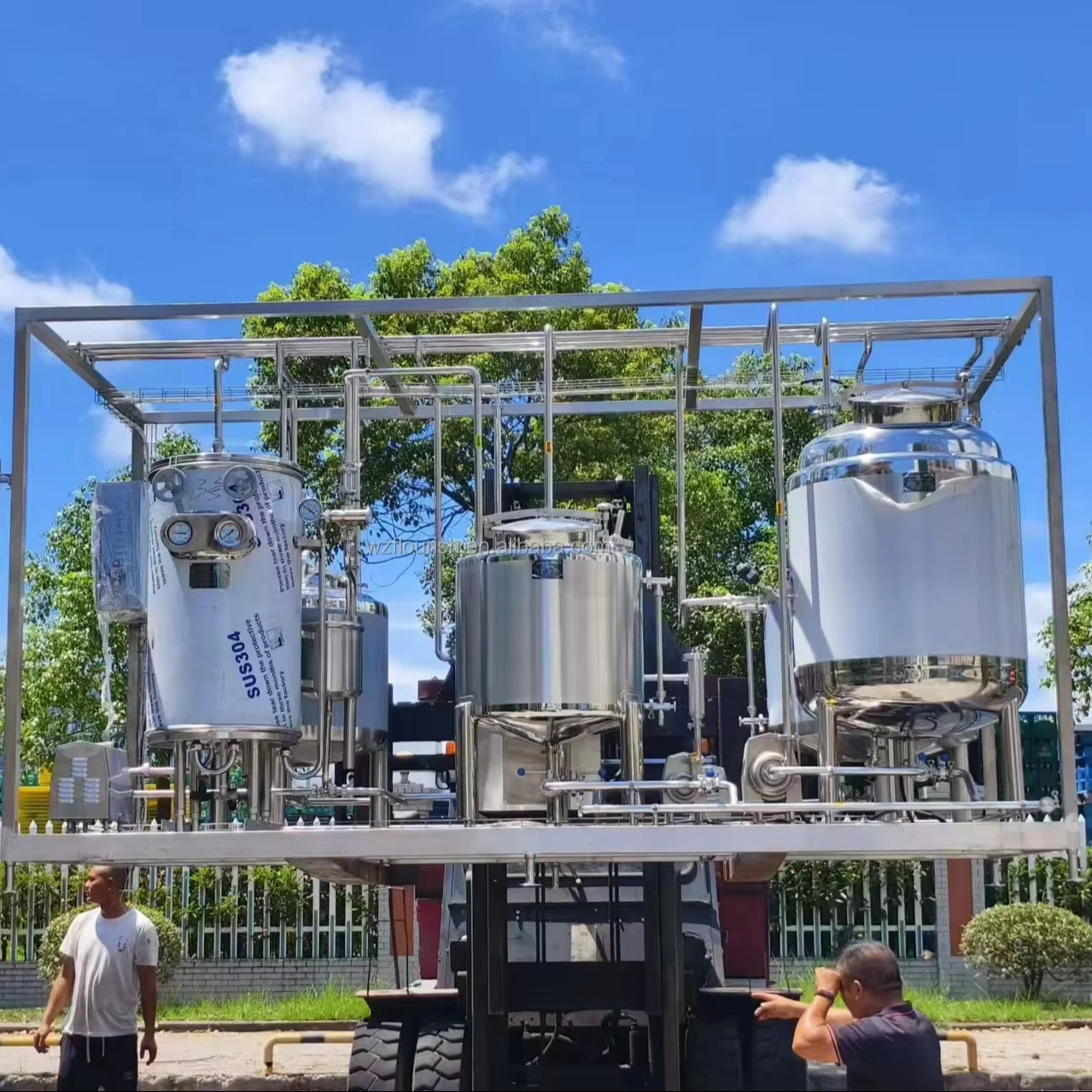ABOUT
Wenzhou Vince Machinery Science Co., Ltd. was established in early 1980s. Our company covers an area of 6500 square meters and is an independent legal representative firm, possessing rich economic technology strength. Our company is a high tech enterprise and plays an important role in national dairy, foodstuff, pharmacy and machinery industries. We are a beverage machinery supplier.
Since the establishment, our company has mainly engaged in dairy products, foodstuff, beverage machinery, bean products, yellow wine, medicines and fermentation projects. What's more, our company supplies a complete sequence services in manufacturing, installation, test and personnel train, as well as the whole direction service design and consulting service on product project construction or enlargement artistic distribution engineering sets budget.
PRODUCTS
Unlocking Flavor: Inside the Fermentation Tank
The Microbial Actors: A World of Yeast and Bacteria
At the heart of fermentation lies a diverse cast of microorganisms, primarily yeasts and bacteria. These microscopic organisms are the true artisans, performing the biochemical magic that converts sugars into acids, alcohols, and an array of aromatic compounds. The specific species involved largely dictates the final flavor profile. For example, *Saccharomyces cerevisiae*, a common yeast, is crucial in bread making and wine production, while various lactic acid bacteria contribute to the characteristic tanginess of yogurt, kimchi, and pickles. The careful selection and management of these microbial communities are paramount to achieving the desired results.
Understanding the specific needs and interactions of these microorganisms is crucial for successful fermentation. Factors such as temperature, oxygen levels, and nutrient availability all play significant roles in their activity and metabolic pathways. Controlling these parameters allows fermentation specialists to guide the process, promoting the growth of beneficial organisms while suppressing unwanted ones. This delicate balance is what separates a successful fermentation from a spoiled one.
The Chemistry of Transformation: From Sugar to Flavor
Fermentation is essentially a form of anaerobic respiration, meaning it occurs in the absence of oxygen. In this process, microorganisms break down sugars, releasing energy and producing various byproducts. These byproducts – acids, alcohols, gases, and esters – are responsible for the characteristic flavors and aromas of fermented foods and drinks. The type and quantity of these byproducts are influenced by numerous factors, including the type of microorganism, the starting ingredients, and the fermentation environment.
For instance, yeast in wine fermentation converts sugars into ethanol and carbon dioxide, producing the alcohol content and the effervescence in sparkling wines. Lactic acid bacteria, on the other hand, convert sugars into lactic acid, contributing to the sour taste of sauerkraut and yogurt. The intricate interplay of these chemical reactions is what generates the immense diversity of fermented products.
Beyond Flavor: The Health Benefits of Fermentation
Fermentation isn't just about enhancing flavor; it also plays a crucial role in improving the nutritional value and digestibility of food. The fermentation process often increases the bioavailability of certain nutrients, making them easier for our bodies to absorb. Moreover, many fermented foods are rich in probiotics, beneficial bacteria that contribute to a healthy gut microbiome. A healthy gut microbiome is increasingly recognized for its positive impact on overall health, contributing to improved digestion, enhanced immunity, and even mental wellbeing.
The production of beneficial compounds such as vitamins and short-chain fatty acids during fermentation further enhances the nutritional profile of the food. These compounds have been linked to various health benefits, including reduced inflammation and improved gut health. This aspect of fermentation makes it a significant area of research, with ongoing studies exploring its potential in disease prevention and treatment.
The Art and Science of Fermentation: Mastering the Process
Unlocking the full potential of fermentation requires a blend of scientific understanding and artistic skill. While the underlying chemistry is complex, successful fermentation often relies on intuition and experience passed down through generations. This is especially true for traditional fermentation methods, where precise control over environmental factors might be less exact, relying instead on sensory cues and observation.
However, modern techniques and scientific advancements are increasingly refining our understanding and control of the process. Techniques like advanced microbial analysis and precise temperature control allow for greater consistency and predictability in the outcome. The convergence of traditional knowledge and modern science promises to continue unlocking new possibilities within the fascinating world of fermentation.
SUBSCRIBE
INQUIRY

